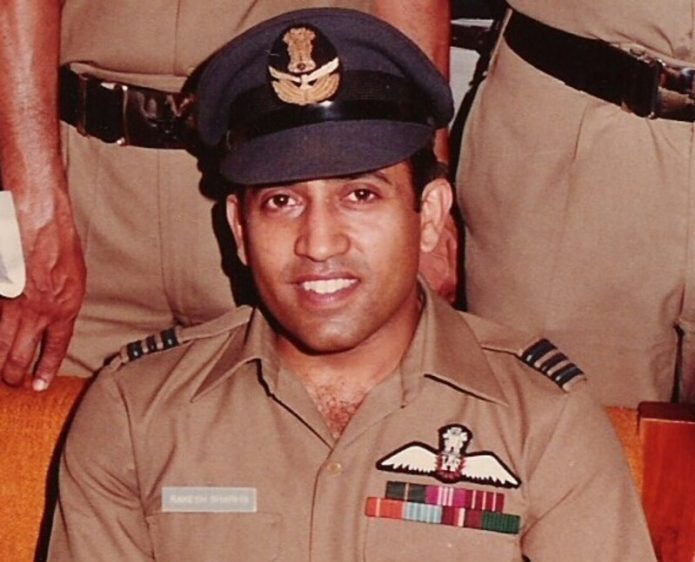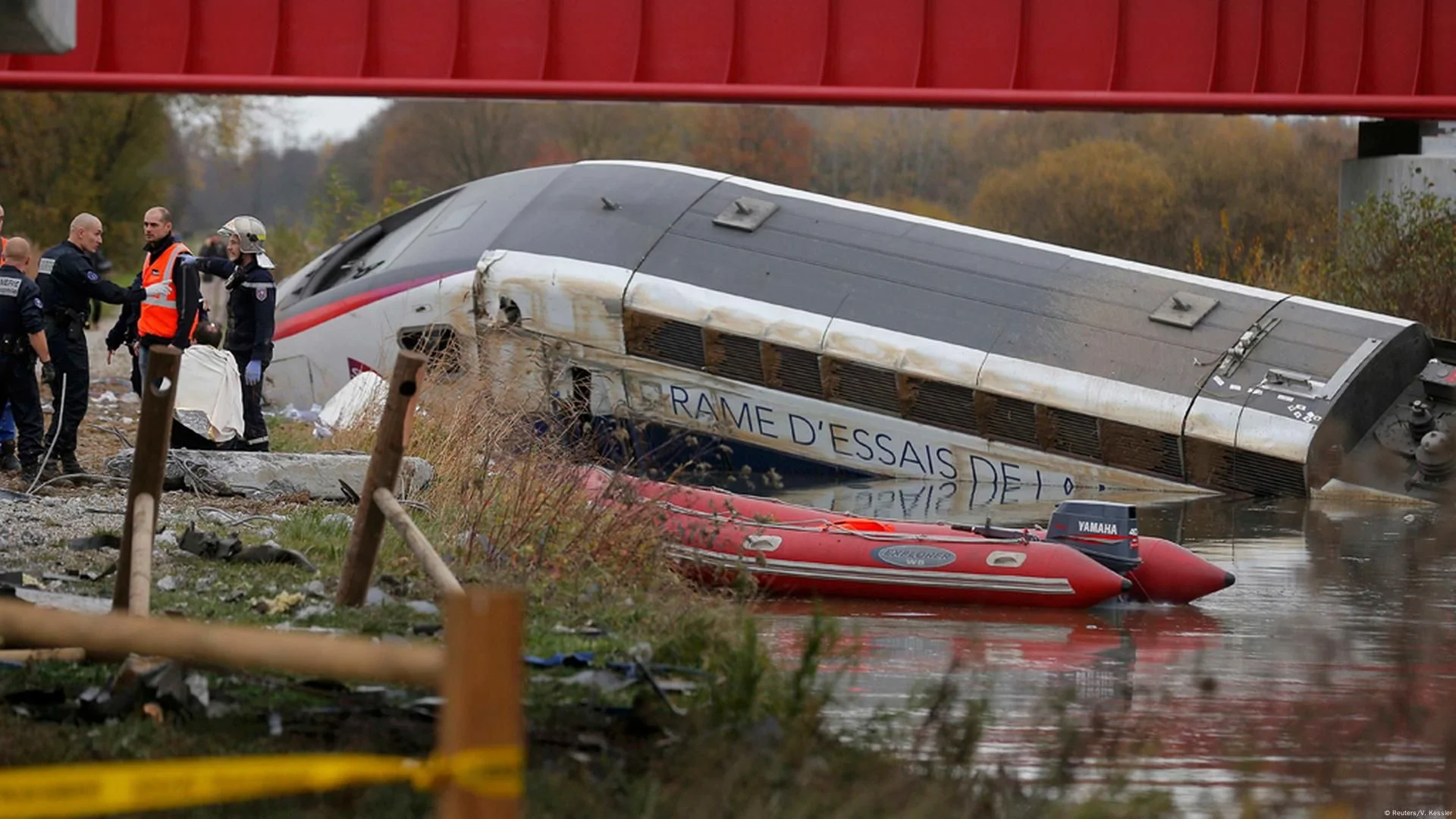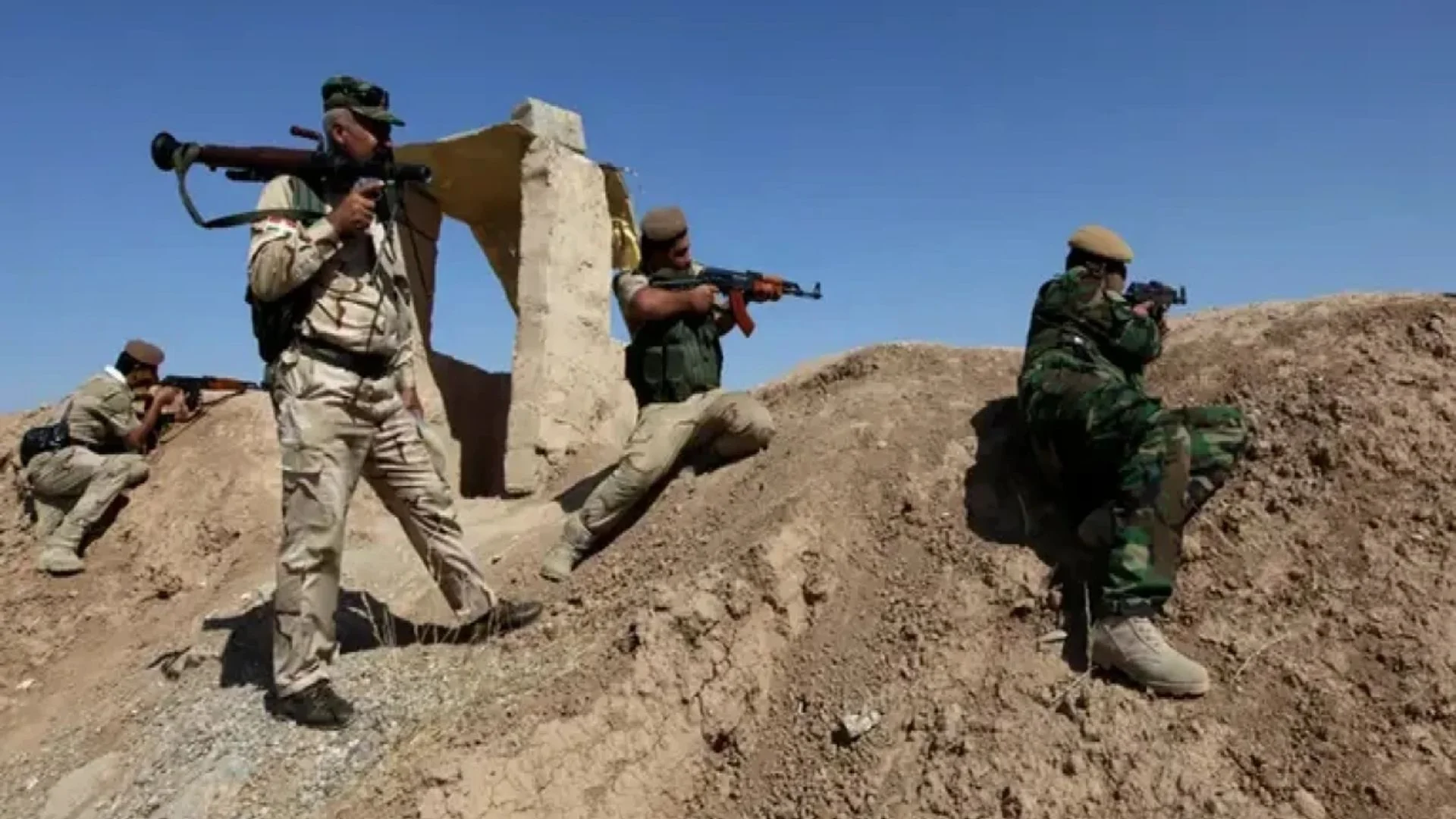More collaboration and less competition among nations is the way forward for space explorations, Wing Commander Rakesh Sharma (retd), the first Indian to travel to space, has said. No nation individually has the financial or technological capabilities to create a human settlement on the moon or Mars on its own, Sharma said on Wednesday.
India has the necessary experience to scale up its national space exploration approach to global proportions as it has followed a unique programme of using space technology for socio-economic benefit of its people, he said while delivering a lecture on the future space exploration at the Physical Research Laboratory. The country has a centuries-old philosophical tradition which has encouraged and practised inclusive growth for all, he added. “Almost every nation has ambitious plans for space exploration, and India is no exception. I believe that before long, all nations will come to realise that first inhabiting and then exploiting our nearest neighbour moon is beyond the resource capability of any one nation,” he said. “Before long, we are going to see collaborative efforts (among nations for space exploration) increasing, and we will see that competition will come down, that’s my belief,” Sharma said.
This collaborative effort has already been evident in the foreign payloads being taken on India’s moon mission Chandrayaan and other launchers of the Indian Space Research Organisation (ISRO), and data being shared with other nations, he said.”No nation individually has the capability, financially or technologically, to create a human settlement on the moon or Mars,” said Sharma, a former IAF pilot who was a part of the Soviet Union’s Soyuz T-11 expedition, launched on April 2, 1984, as part of the Intercosmos programme. For a nation to develop an independent and exclusive capability to explore space and use what it gets out there by itself would mean spending the finite resources available on the earth at a much faster rate than otherwise if the countries began to cooperate and collaborate, he said. “If we collaborate, we can leverage the space technology strengths of different nations. It is the way to go,” he said.That way, any such programme would become “a venture by the people and from the people of our beautiful planet,” he said.
“If we go to the moon and later to Mars, as people from the earth, we must share the resources which have been found there with anybody back on earth. If we do that, we will begin turning the bloody pages of history back page by page, bit by bit,” he said. According to Sharma, if nations develop a global collaborative approach of protecting the earth from the Near-Earth Objects (NEOs), then there would be a proven precedent of a global funding model that works for the benefit of all.

















